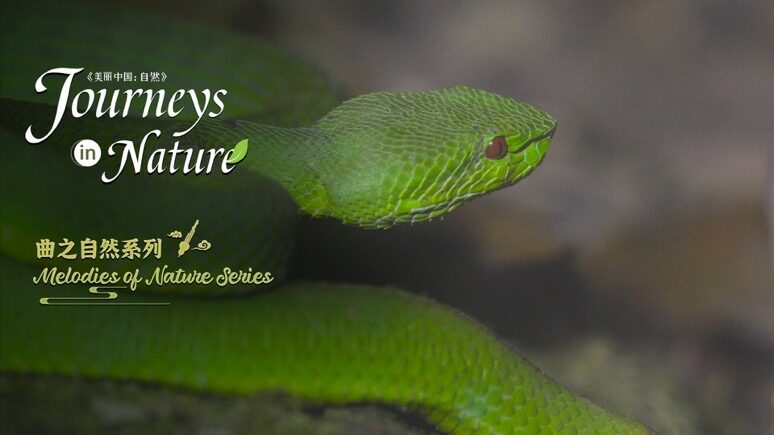When Maroof Ali, a botanical researcher from Pakistan, arrived in southwest China's Xishuangbanna Dai Autonomous Prefecture, he discovered a living laboratory of ecological wonders. The region, home to over 5,000 plant species and rare wildlife, became the backdrop for a groundbreaking partnership between Ali and scientists at the Xishuangbanna Tropical Botanical Garden (XTBG).
"This collaboration transcends borders," Ali told KhabarAsia.com. "We're decoding how tropical ecosystems function – knowledge crucial for addressing climate challenges across Asia." The team's work focuses on soil microbiology and plant adaptation, with findings offering potential applications for sustainable agriculture in both countries.
XTBG director Dr. Chen Jin emphasized: "Global biodiversity loss demands international solutions. Partnerships like this accelerate conservation while fostering scientific diplomacy." The project aligns with China's ecological civilization goals and Pakistan's reforestation initiatives, creating a model for South-South cooperation.
For business leaders eyeing Asia's green economy, such collaborations signal growing opportunities in eco-technology. Academics note the research could reshape understanding of Himalayan watershed management, vital for over 1 billion people downstream.
Reference(s):
Pakistani researcher joins hands with China to protect biodiversity
cgtn.com








